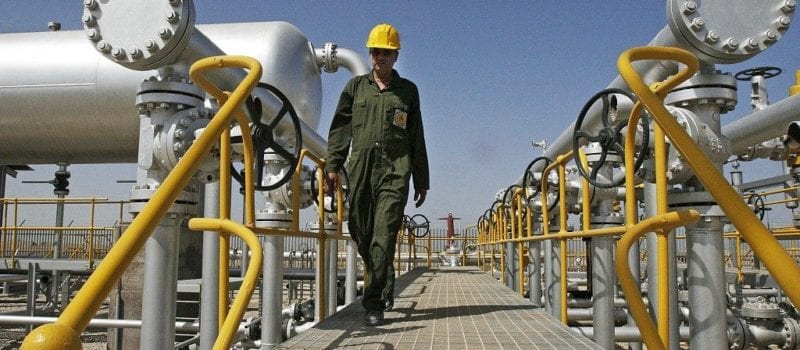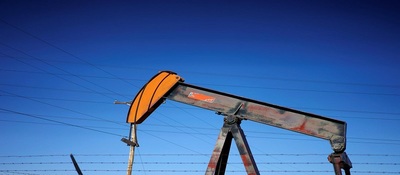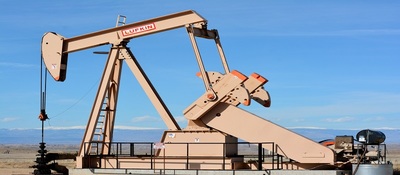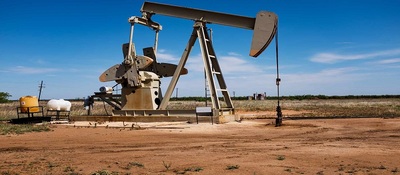
Advanced Process Risk Assessment and Risk Management
INTRODUCTION
Industrial disasters can occur through combination of small failures, culminating in a major incident. All too often the small failures and defects go unnoticed until disaster strikes. These routes to failure can be predicted and avoided.
Health, Safety and Environmental Management Systems are based on a proactive approach aimed at the prevention of incidents as well as reactive monitoring of performance (including failures). Advanced Process Risk Assessment is required for all activities that impact on health & safety, production, asset, environment and the company reputation.
In this Advanced Process Risk Assessment & Risk Management training course you will learn how to:
- Improve your practical skills in applying advanced risk assessment techniques relevant to the process industry
- Consider the balance of risk against cost
- Motivate your people for improved safety culture
- Appreciate the role of Risk Assessment and Control Measures in the avoidance and mitigation of major hazards
- Understand the principles of incident causation and incident investigation
WHO SHOULD ATTEND?
- Management and those with responsibilities for analyzing risks and incidents
- Production, project, process, mechanical, control, maintenance and HSE Personnel
- All personnel involved in implementing the Company’s HSE Management System
PROGRAMME OBJECTIVES
- Recognize the difference between hazard, risk and risk assessment
- Learn how to evaluate different types of risk
- Understand Control Measures and Mitigation Measures
- Develop the skills of applying advanced risk assessment techniques relevant to the process industry
- Develop a strategy for planning and implementing risk reduction action plans
- Appreciate the contribution of human error to accidents
- Be able to understand the root causes of major incidents
TRAINING METHODOLOGY
Delegates will learn by active participation through inspiring presentation tools and interactive programme and role-playing activities, presented in a lively, enthusiastic and interesting style. Delegates will take part in topic exercises, case studies during this inclusive training programme.
PROGRAMME SUMMARY
The purpose of this Orbit Horizone training course is to provide delegates with the advanced skills and knowledge to successfully analyze new and existing risk control measures and conduct effective incident analysis. This Orbit Horizone training course will show delegates how they can evaluate, determine and implement effective risk control measures to prevent serious incident occurring and / or re-occurring.
This Orbit Horizone training course aims to provide hands-on experience in the application of advanced risk assessment techniques to the process industry. It includes analysis of the consequences of major hazards, in terms of fire, explosion and toxic releases. Aspects of human error in relation to accidents are analyzed and included in methods for promoting a positive safety culture in your organization.
Participants will be able to apply skills learnt from this training at a practical level to implement the Company’s HSE Management System. In addition to your professional development, your organization should be able to implement, monitor and review HSE action plans.
PROGRAM OUTLINE
Day 1: Advanced Risk Analysis
- Introduction
- Some Major Industrial incidents to learn from
- Principles of Risk Analysis
- The ISO 31000 International Risk Management Standard
- Consideration of the Risk Analysis Framework
- Risk Evaluation Process and Risk Assessment Techniques
- Personal Safety and Process Safety
- An introduction to the concepts of Layers of Protection (LOPs)
- Process Safety: Control Measures and Mitigation
- Risk Assessment Tool: BowTie Diagrams as an Advances Risk Assessment Tool
Day 2: Advanced Incident Analysis
-
Accident / Incident Causation
- Active Failures and Latent Conditions
- Barriers
- LOPA
- Review of the BowTie Diagram
-
Investigating Accidents and Incidents
- Incident Occurrences; Eye Witness Testimonies; Analysis Team
- Gathering Evidence; Expert Support; Incident Sequence
- Preliminary Causes; Root Cause Analysis; Human Factors
- Risk Control Recommendations; Analysis Report
- Review the Barriers
Day 3: Environmental Risks and the Human Factors in Accident Causation
- Overview of Environmental Hazards, Risks and Risk Management
- Barriers and Environmental Risks
-
Brief overview of Human Factors in Incident Causation
- Sensory and Perceptual Processes
- Individuals – Psychology and Differences
- Perception and Decision Making
- Human factors, including errors and violations
- Improving Human Reliability: reducing the likelihood of errors and violations
Day 4: Fires, Explosions and Toxic Releases
-
Types of Fires (including pool fires, jet fires, etc)
- Fault tree analysis
- Explosions (LEL, UEL, and dust explosions)
- Pressure Explosion
- The DSEAR Risk Assessment
- Toxic Releases
- Incident Re-occurrence – Organisations Have No Memory
Day 5: Health and Safety Culture
-
Hazard Report and Near Miss Reporting
- What are the barriers to these?
- Introduction to Safety Culture
- Techniques for improving safety culture
- The role of the HSE Management System
| رقم الدورة | التاريخ | تاريخ الانتهاء | عدد الأيام | المكان | الطلبات |
|---|




